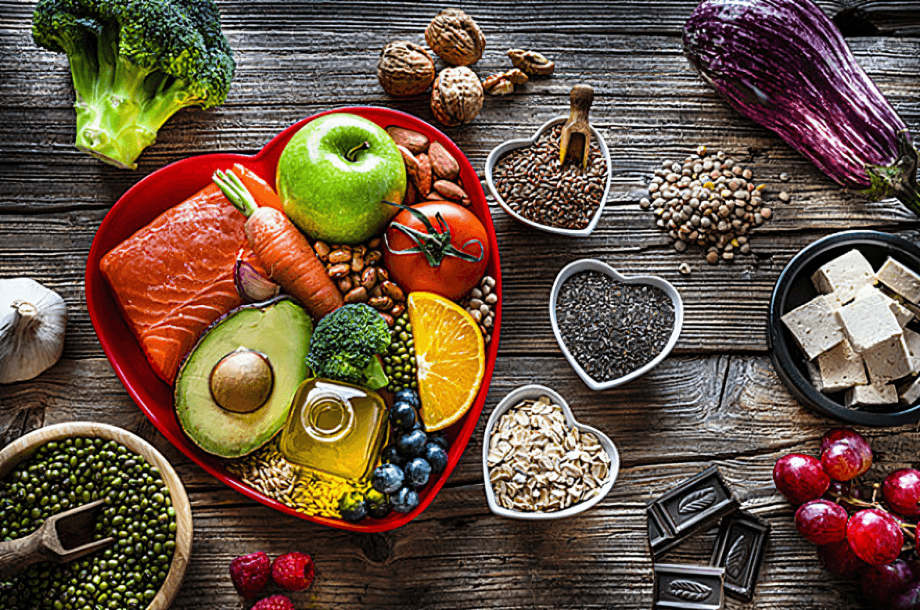
“
The importance of a balanced diet for the elderly cannot be overstated, as it plays a crucial role in maintaining strength, brain function, immune response, and disease prevention. As people age, nutritional needs change due to slower metabolism, weakened digestion, and an increased risk of chronic illnesses. 1
1
”
Renowned geriatric doctors note that seniors on nutrient-rich diets enjoy better brain function, fewer hospital visits, and more independence than peers with poor nutrition.1
As metabolism slows with age, elderly individuals need fewer calories but more nutrients, making every bite count. Nutrient-rich foods boost energy without causing weight gain. 2
Protein intake is critical in the elderly to prevent sarcopenia, a condition involving muscle loss. Adequate protein from lean meats, legumes, or dairy aids mobility and reduces the risk of falls. 3

Vitamin D and calcium are crucial for bone density in older adults. A deficiency increases the risk of fractures and osteoporosis, making dairy products, eggs, and fortified cereals essential dietary staples.
Tabletop display of various calcium-rich foods.4
Constipation is common in aging populations. A fiber-rich diet featuring fruits, vegetables, and whole grains, along with proper hydration, improves digestive function and overall comfort. 5
Seniors often experience a decline in their sense of taste or appetite. Balanced meals with varied textures and colors can stimulate interest in eating and ensure better nutritional intake. 6
Hydration is often overlooked among the elderly. A proper diet includes water-rich foods like cucumbers, watermelon, and soups, which help regulate temperature, digestion, and joint lubrication. 7

Heart disease is a leading concern in older age. A diet low in sodium and saturated fats and rich in vegetables, whole grains, and lean proteins can significantly lower cardiovascular risk.
Seniors with a balanced diet tend to experience fewer mood swings and depressive episodes. Nutrients like magnesium, B-vitamins, and omega-3s play a direct role in brain chemistry and emotional stability. 8
Healthy diets can strengthen the immune system in older people. Foods rich in zinc, vitamins C and E, and beta-carotene support white blood cells and the body’s ability to fight infections. 9
Malnutrition in elderly adults is often hidden but dangerous. Eating balanced meals helps maintain a healthy weight, supports immune defenses, and lowers the risk of hospital readmissions. 10
A balanced diet supports eye health in aging. Nutrients such as lutein, zeaxanthin, and vitamin A found in leafy greens, carrots, and eggs help prevent macular degeneration and cataracts. 11
A balanced diet supports eye health in aging. Nutrients such as lutein, zeaxanthin, and vitamin A found in leafy greens, carrots, and eggs help prevent macular degeneration and cataracts. 12
Dental issues in the elderly can hinder food intake. Soft, nutrient-dense foods like smoothies, mashed vegetables, and tender meats offer an easy way to maintain nutritional balance. 13

Diets low in sugar and refined carbs can help manage cholesterol levels in seniors. Oats, beans, and fatty fish are heart-friendly options that keep LDL (bad cholesterol) under control.
Nutritional needs vary based on medical history. Personalized diet plans can address conditions like kidney disease or food allergies while still meeting daily nutritional goals for overall health. 14
Seniors with proper nutrition tend to heal faster from injuries or surgeries. Vitamins A and C and zinc from a healthy diet accelerate tissue repair and reduce infection risks during recovery. 15
Balanced diets can reduce the need for certain medications in the elderly. When food provides key nutrients, the reliance on vitamin or mineral supplements and prescription drugs may significantly decrease. 16
Poor nutrition can accelerate cognitive and physical decline. Making healthy food choices delays dependency and supports dignity, autonomy, and quality of life during the aging process. 17


